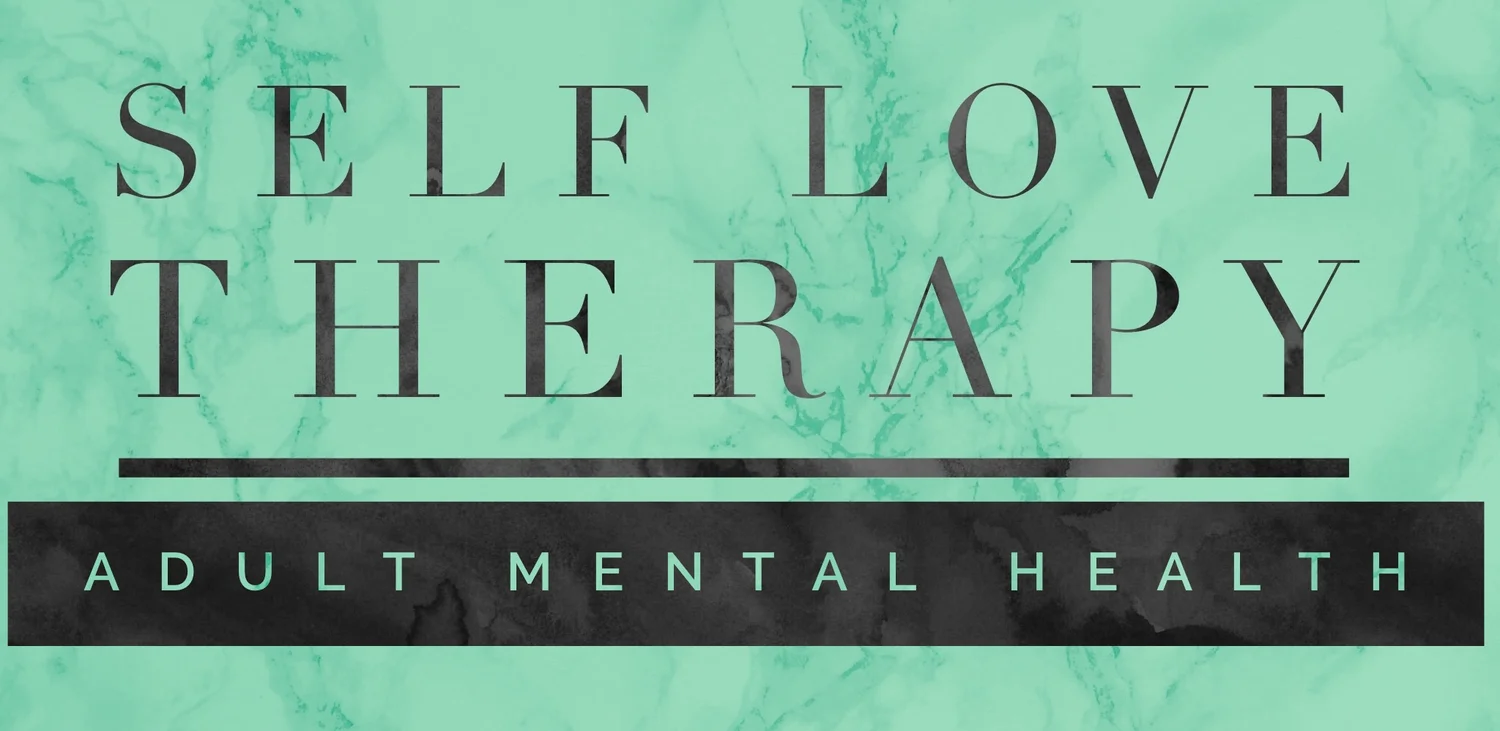Black and white blend to create shades of gray. The blend is essential to avoid recognizing only the extremes. But some desirable psychological qualities are best cultivated by steering away from their opposites. Consider, for instance, the following virtues and vices:
1. Being realistic
We overlook the shades of gray when we resort only to black and white absolutes. Doing so makes life appear more manageable as we make quicker decisions at the cost of overlooked possibilities. To cultivate realistic living, one needs to consider the whole spectrum of available choices; and that requires letting go of favoritism on one hand, and negative skepticism on the other. The life of a realist is a life of balance between these poles.
2. Learning new things
Neuroscience confirms that learning begins when neurons fire and wire with one another in new ways, creating new associations in the brain. Nurtured by disciplined practice and patience, we advance as we learn new skills or knowledge. But we also can stop learning by letting too much pride keep us attached to what we already know of the world and of ourselves. By keeping our sense of pride in check – through practicing modesty and questioning judgments – the courage to explore what we don’t know shows up in our life.
3. Resilience
Studies on mice in a blocked labyrinth where they could smell but not actually reach the food introduced the construct of learned helplessness to the research communities. Interestingly, when the blocks were removed – so the mice could in fact reach for food – they had given up on trying altogether. Life hardships act in similar ways because breakthroughs require us to bounce back and try again or approach differently. But the fear of repeating past mistakes and failures might hold today’s efforts at bay. The wisdom to separate the past from the present sheds light on illogical fear.
4. Being innovative
Being innovative in this day and age is an attractive quality. It is also safe practice to first consider the conventional methods before attempting to break free from them and be unconventional. After all, we first learn what is there before we ponder what could be there. The danger is in submitting rigidly to conventional wisdom where we are predisposed to favor the “tested and tried” and never bothered to ask, “what else is possible?” One form of conventional wisdom is what we know of as biased thinking!
5. Improvement
Many things hinder our progress but being timid is one sure way to stagnate. Maybe we have been rejected many times that we have given up on the joyful possibility of recognition by those who we care most about their opinions. Over time, timidity leads to not asserting ourselves coherently and clearly enough. I can’t blame anyone for not reading my blog when I am not writing one. I am not the best blogger out there, though I acknowledge the tiny steps of improvement. The risk of putting yourself out there is failing which only means learning more than anyone else!
6. Happiness
The ability to preserve happiness is perhaps the most sought after virtue in life. The location is inside and the access is within and not without. Similar to how favoritism sabotages fairness, pessimism prevents happiness from thriving. A chronic negative view of life is a distortion of reality that overshadows the joys of life, making them seem invisible in our perceptual world. Optimism may not be too realistic either, though it’s a motivational factor – it restores hope.
7. To be sociable
Whether you often chose to stay in or go out has to do with your innate personality, mood, and perhaps your preferences. Chronic self-absorption inevitably closes the relational doors to us. It is only humane to exchange ideas, relate emotionally, and communicate with reciprocity. These are the perks of being a spirited human being which have led to the advancement of self and societies. Narcissism drains possibilities for such meaningful connections.
8. Right effort
Similar to the ways in which resilience proves to be a virtue in turning around unfortunate outcomes, committing oneself to a life of putting forth the right effort becomes another virtue to cultivate in this list. But first we need to understand what sabotages right effort: complaints. Studies show how brain’s cognitive centers such as hippocampus shrink due to the stress caused by chronic complaints that, in turn, reduce effective problem solving by allowing negativity to expand and take over. Staying focused on the right effort may still lead to yet another failure until a breakthrough shows up, but it’s a failure in the right direction.
9. To be popular
To shine and be praised for your talents, skills, contributions and other virtues do not comprise narcissistic qualities in you. In fact, desirability is a rich source of motivation to do and stay good. But grandiosity is the problematic trait that gets in the way of authentic popularity. Take stock of your qualities: what are you known for in your circles?
10. Change
Willingness to turn every stone and look for hidden gems encourage the discovery of each and every possibility on our paths. To fail and try again really means you are learning more than anyone else. But to remain the same and not change means there are habits that are leading your life – not you. Pause to examine your lifestyle and dare to change often. You can train your brain to view life with the novelty it best deserves.
Have a beautiful Labor Day weekend!
Dr. Hessam



